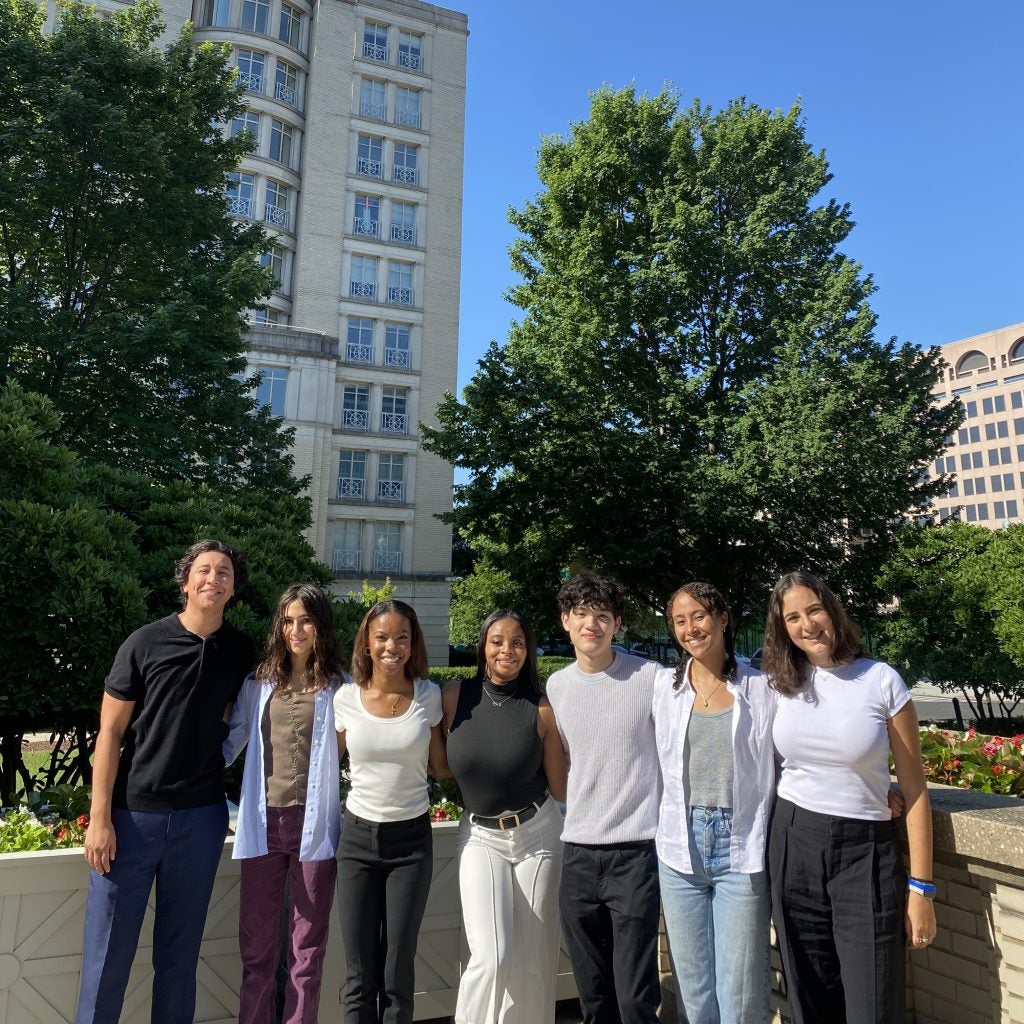Investigative Internship Program

History of the Investigative Internship Program
Recognizing the need for high quality representation for indigent criminal defendants, Georgetown’s Criminal Justice Clinic was founded in 1971. The goal was to ensure that persons charged with criminal offenses have access to top-notch legal services, so we provide them with energetic, innovative, and dedicated attorneys. The Investigative Internship Program was founded in 1985 and continues to be an integral part of our success, now working with three clinics: the Criminal Defense & Prisoner Advocacy Clinic, the Criminal Justice Clinic, and the Juvenile Justice Clinic. Our investigators work closely with Clinic attorneys in all aspects of pre-trial preparation, and, in exchange, we offer an interesting and challenging hands-on educational experience and a collegial working environment.
Duties of the Investigative Intern
A thorough investigation of a criminal case is a prerequisite to a good defense. A defense investigator’s job is to ascertain the strengths and weaknesses of the prosecution’s case and to provide a basis for the defense theory. In the District of Columbia, the prosecutor is not required to disclose information that is critical to the case or will not provide it in a format or time period that is useful. Pre-trial defense investigation is therefore essential to properly advise the client, make strategic decisions about the case, and prepare for trial.
Interns conduct all field investigations in pairs and are involved in all aspects of case preparation, including providing strategic recommendations. Attorneys are encouraged to include their interns in consultations, plea negotiations, client meetings, and strategy sessions. Investigative responsibilities include: locating and interviewing witnesses in the field and correctional facilities; drafting statements and memoranda for use in court hearings and at trial; conducting comprehensive criminal background checks; locating, collecting, reviewing, and summarizing all written records and documentation relevant to the case; photographing, measuring and diagramming crime scenes; creating demonstrative evidence for trial; and reviewing police body-worn camera footage and other surveillance footage.
Interns are also responsible for assisting the attorney in last-minute trial preparation and resolving issues that arise while the attorney is in trial. Interns coordinate defense witnesses, making sure they are properly subpoenaed and have reliable transportation to and from the courthouse. Investigators will also testify in some cases.
In addition to pre-trial criminal defense investigation, our interns also assist with post-conviction cases where clients are filing for compassionate release or are eligible for resentencing under the Incarceration Reduction Amendment Act (IRAA), The Second Look Amendment Act (SLAA), and the Compassionate Release statute.